Category : India
Sep 19, 2023 | Announcements, Community, In Region, India, News
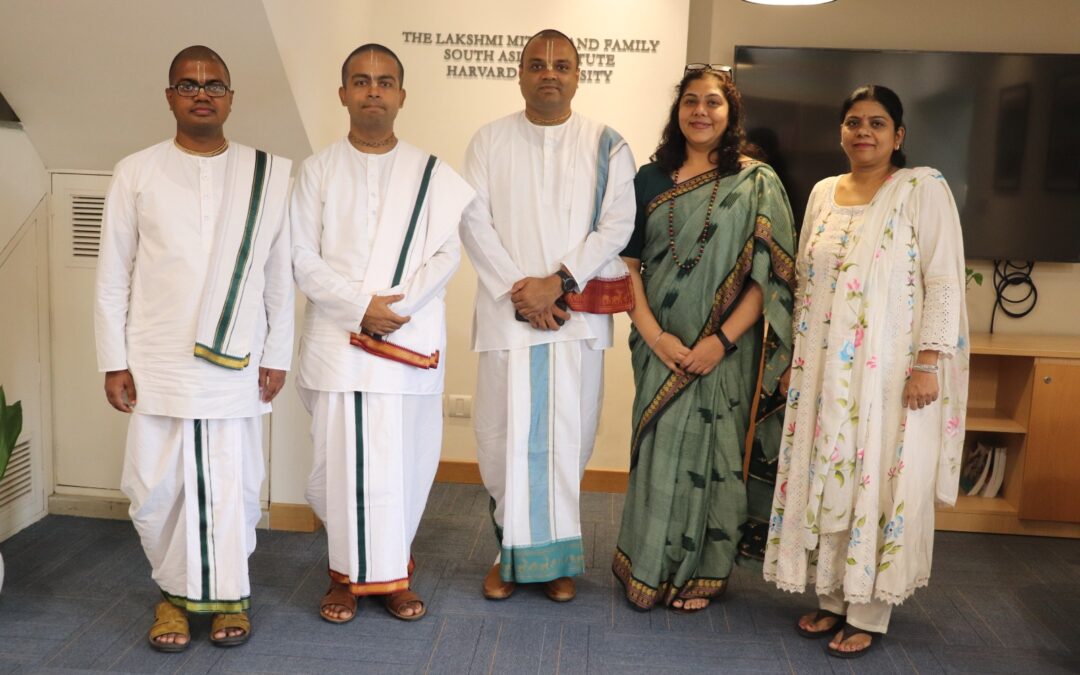
The Mittal Institute’s New Delhi office, located in the heart of the city, has been a constant hub of activity in the region. This summer brought a flurry of visitors and events to the space. Below are some highlights of summer 2023. Hybrid Session: Mega...
Aug 30, 2023 | India, News, South Asia in the News
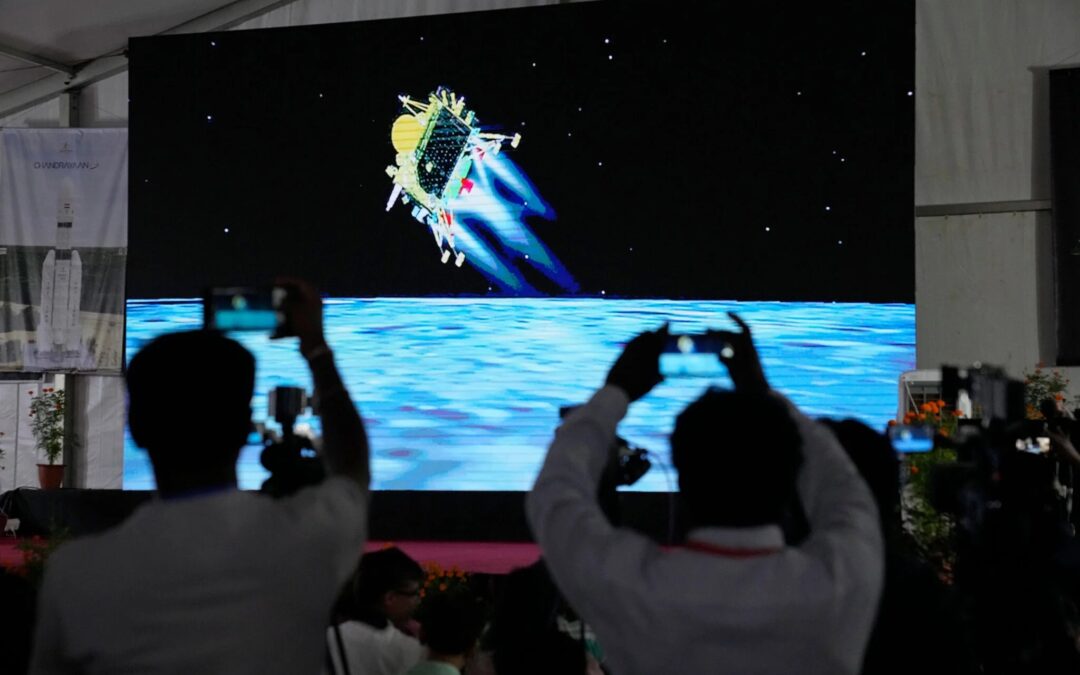
Business professor, South Asia specialist explains how relatively poor India with underfunded R&D became 1st to land rover on unexplored part of moon By Clea Simon Harvard Correspondentfor the Harvard Gazette It was a ground-breaking achievement on several levels....
May 24, 2023 | Community, India, News, South Asia in the News, Students
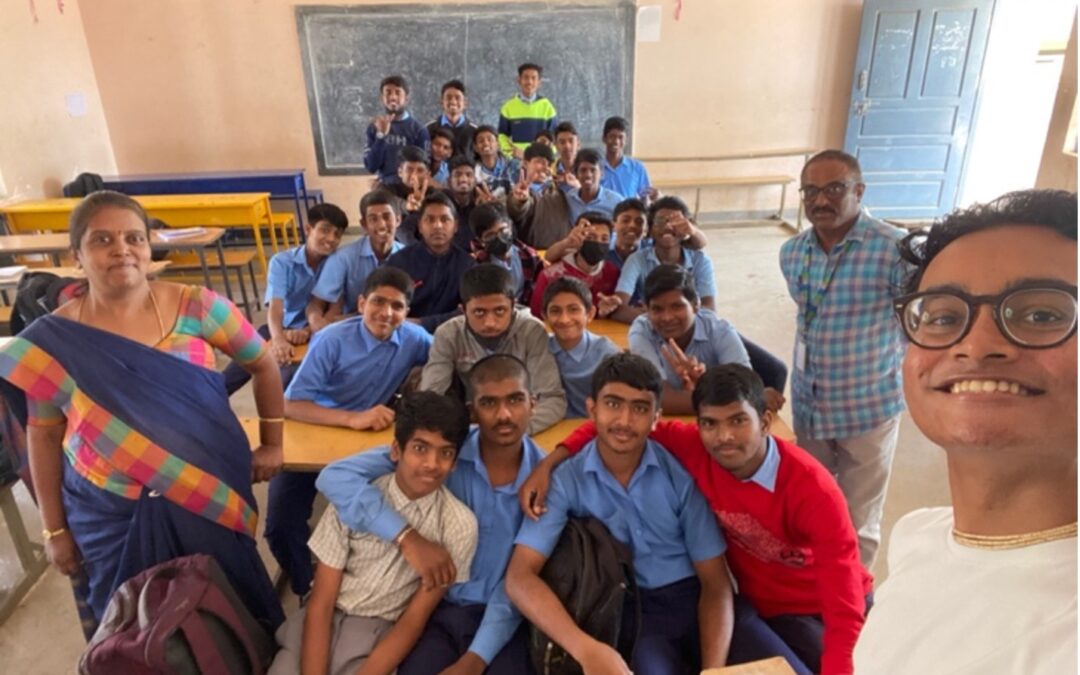
This past January, Pranav Moudgalya, Harvard College 2026, set off for Bengaluru, India for two weeks of service. He spent his winter term as an intern at non-profit The Akshaya Patra Foundation, the worlds largest school meal program that feeds 1.76 million children...
May 17, 2023 | Community, India, News, South Asia in the News, Students

Scienspur, a program that offers free STEM courses to economically disadvantaged students across India, is built on the philosophy of igniting scientific curiosity. All courses are free, and all instructors volunteer their time – something that its students explain is particularly unique. “Very few programs have an interest in helping others with their career, without any profit…it has inspired my classmates and I to give back to others’ education, when our own time comes,” says Ebinesh S, a photonics major from the University of Madras, India. “It was an honor to be a part of an organization that works to elevate scientists from every corner of the globe.”
May 11, 2023 | Community, India, News, South Asia in the News
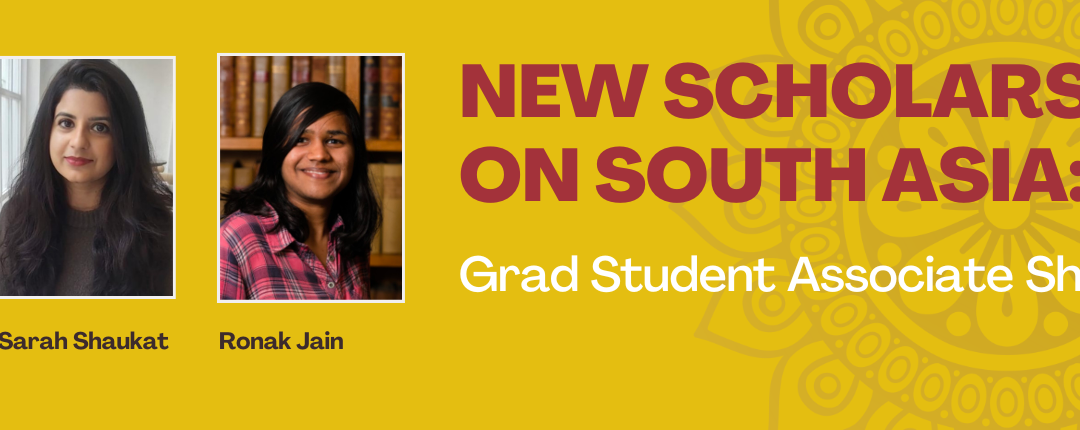
The Mittal Institute’s Graduate Student Associates showcased their research, what they have been working on this semester, and highlights of past field work experiences at the annual Graduate Student Associate Showcase. GSAs Sarah Shaukat, Akhil Thomas and Ronak...
May 10, 2023 | Afghanistan, Arts Program, Community, Faculty, Fellows, In Region, India, News, Pakistan, South Asia in the News
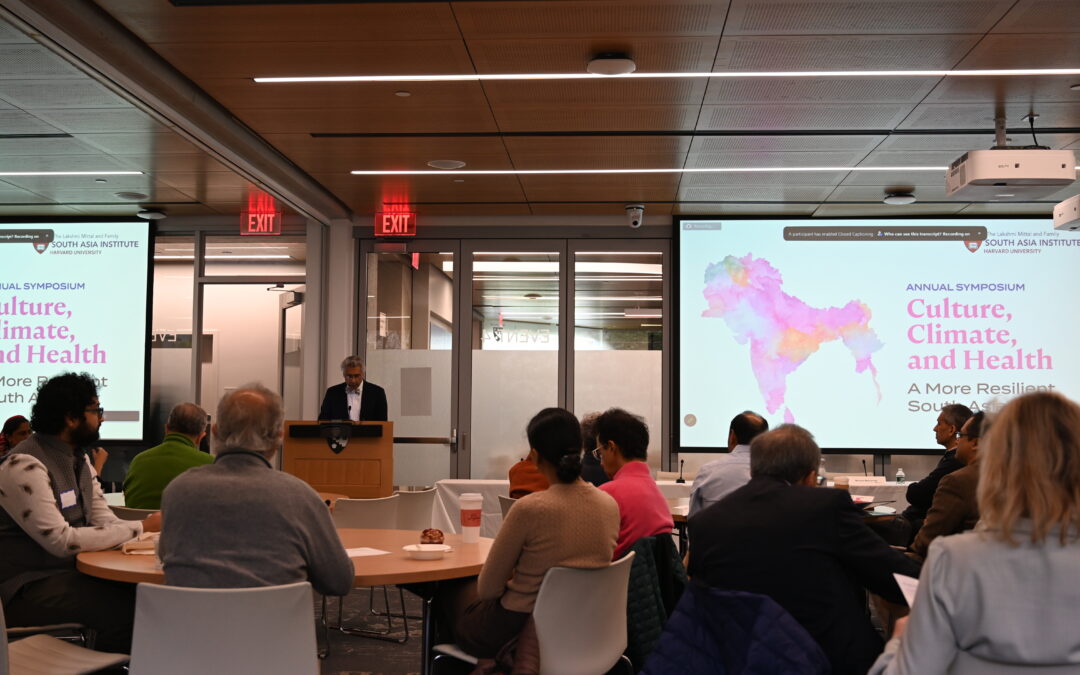
Scholars, practitioners and a packed audience gathered for the Mittal Institute’s flagship spring event, the Annual Cambridge Symposium, to present work and discuss ideas central to South Asia. This year’s conference focused on the theme of “resiliency.” The day...
May 4, 2023 | Community, India, News, South Asia in the News
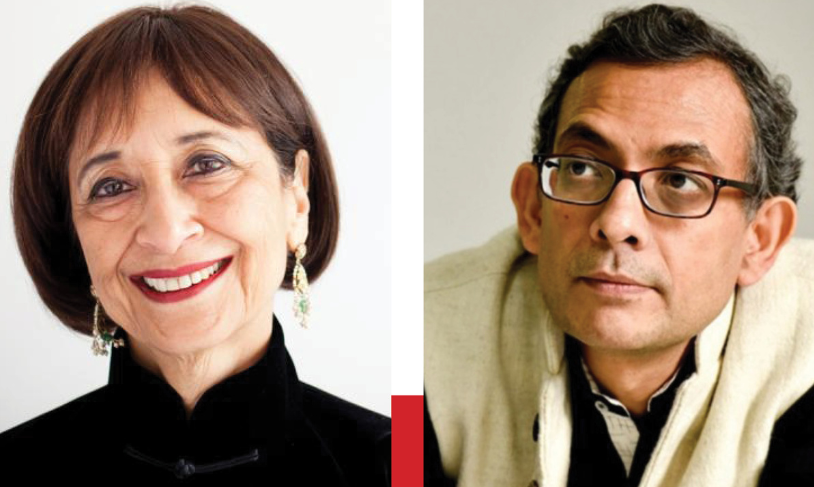
Last evening, Madhur Jaffrey delighted a full-house crowd for the Mittal Institute’s prestigious Harish C. Mahindra lecture. Jaffrey regaled the audience with stories from her upbringing in British India, her foray into acting, and how she became an icon of South...
Apr 25, 2023 | India, News, South Asia in the News
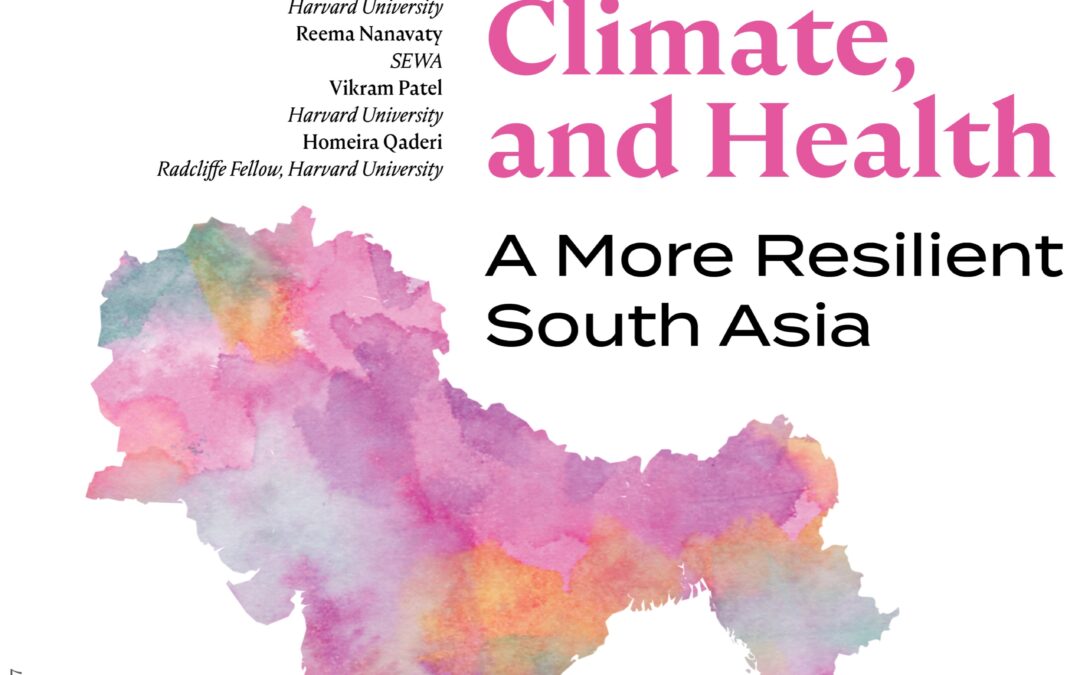
WATCH THE WHOLE EVENT PLAYLIST HERE The Mittal Institute’s 2023 Annual Cambridge Symposium will take place on Friday, May 5, and will convene faculty, staff, and the public for a lively discussion on climate, health and culture’s role in building a more...
Apr 25, 2023 | Community, India, News, South Asia in the News
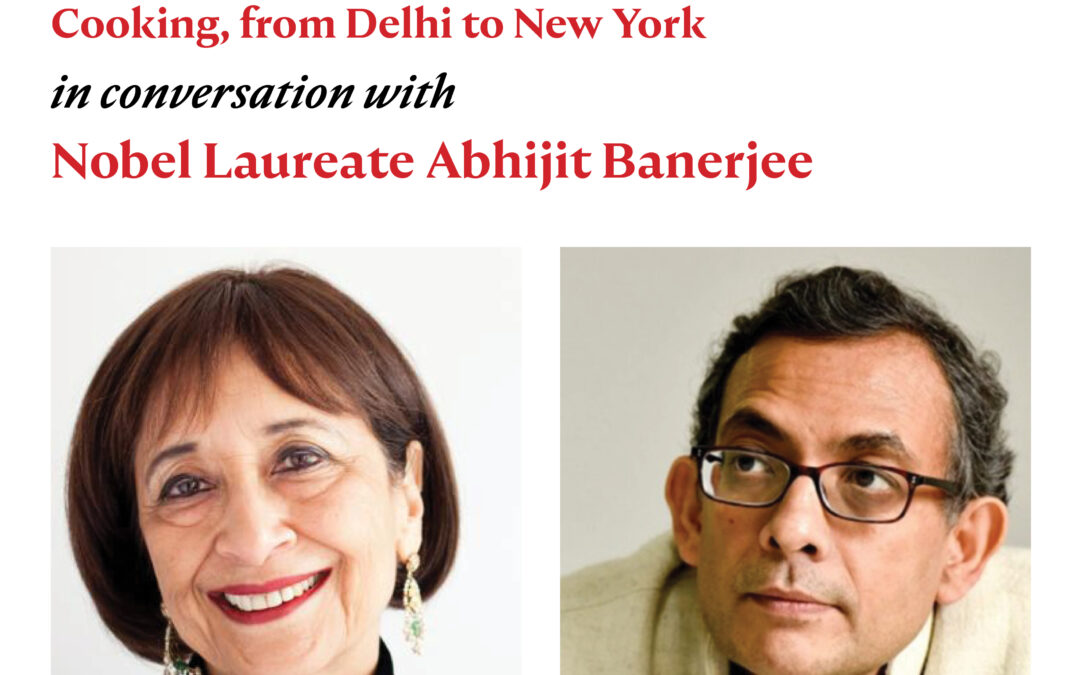
This year’s Mahindra Lecture will feature Madhur Jaffrey, in conversation with Prof. Abhijit Banerjee of MIT, taking place on May 4th. After the public talk, we will be hosting a public cocktail hour reception at the Harvard Faculty Club. Madhur Jaffrey is an...
Apr 19, 2023 | India, News, South Asia in the News
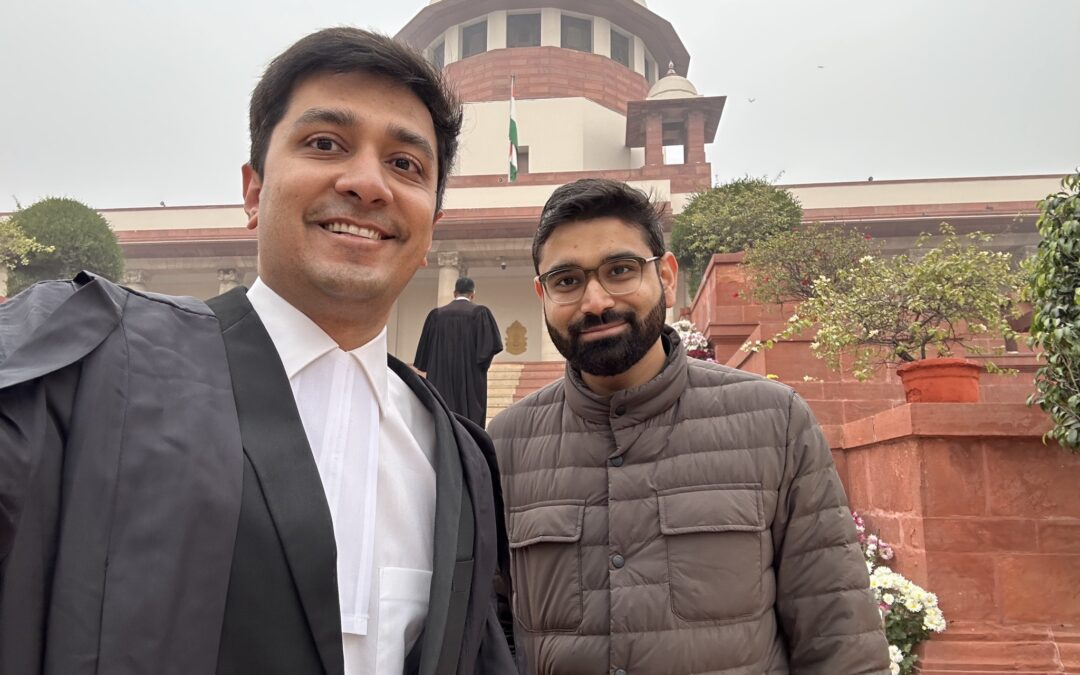
Utkarsh Saxena, HLS ’14 and HKS ’20, and his partner Ananya Kotia in front of India’s Supreme Court building. This week India’s Supreme Court began hearing arguments for a historic same-sex marriage petition. Current Indian law does not recognize...
Apr 19, 2023 | India, News, South Asia in the News
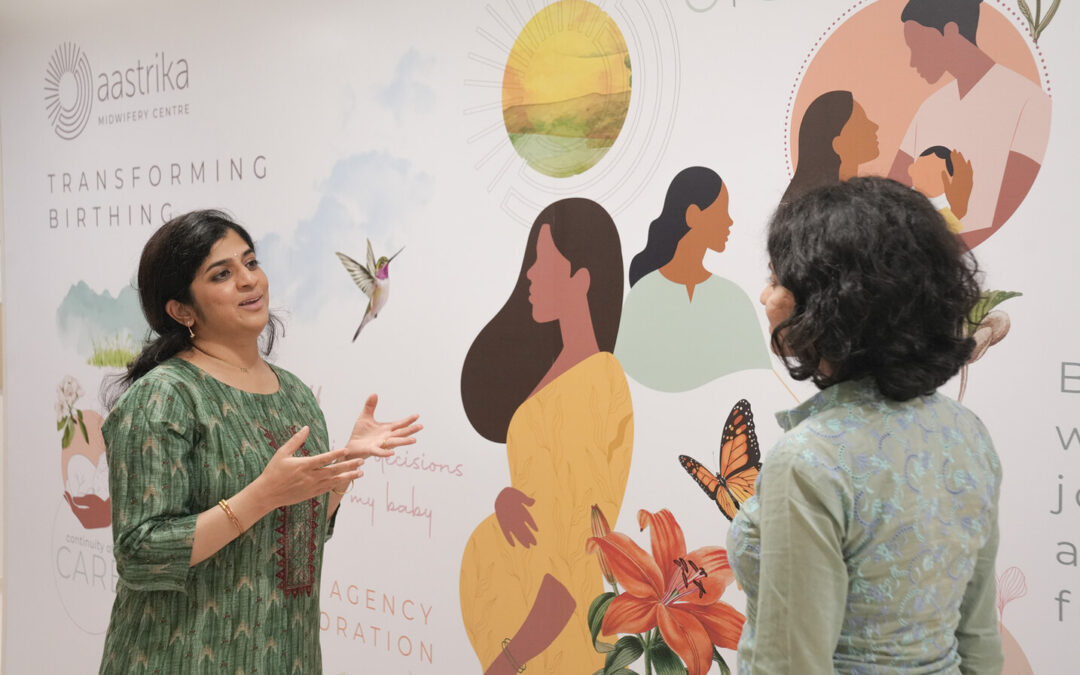
By Paul Massari, Harvard Graduate School of Arts and Sciences Janhavi Nilekani wanted the childbirth of her dreams. That meant returning in 2016 to her home country of India where the then-fifth-year PhD student in public policy at Harvard’s Graduate School of Arts...
Apr 19, 2023 | India, News, South Asia in the News
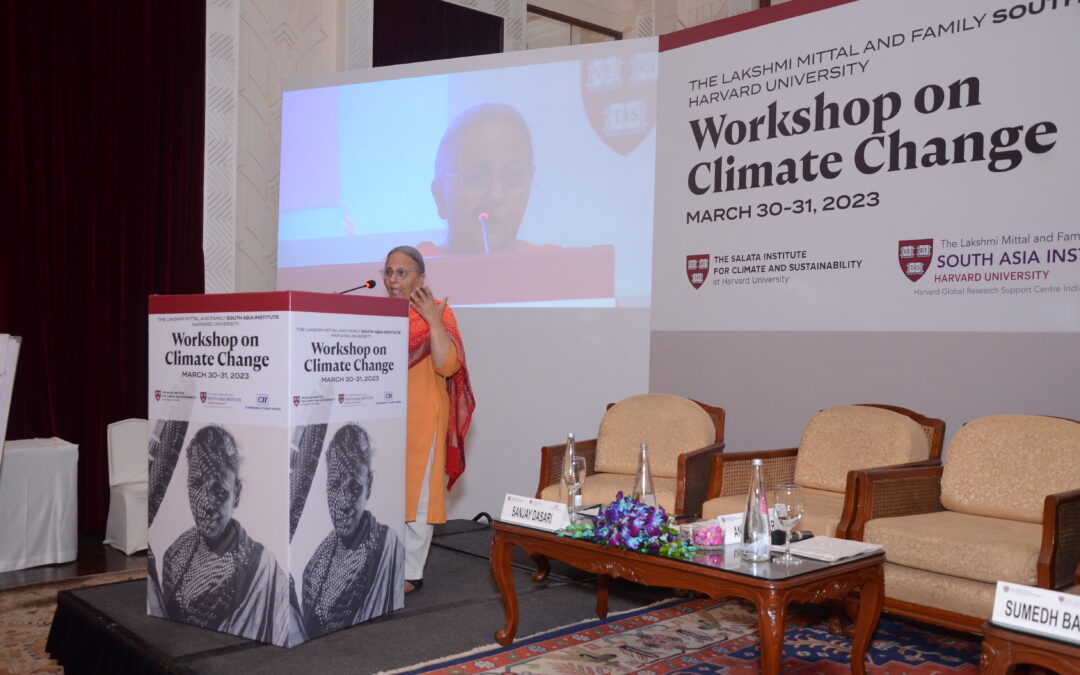
The Mittal Institute at Harvard University recently held its inaugural Climate Change Workshop in New Delhi to kick off a new Climate Platform for South Asia. Reema Nanavaty, Director of the Self Employed Women’s Association (SEWA), delivered a keynote...












